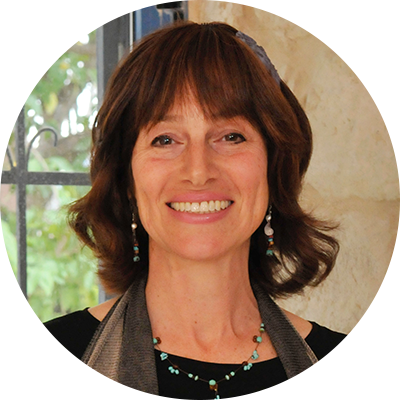How Moon Phases Affect Your Sleep
New study suggests lunar cycles directly impact your rest.
The waxing of the moon has held a haunting influence upon people since the beginning of time. Full and bright during this phase, people would stay up later and celebrate communally. From sacred moon dances of North American indigenous people to Hindi full moon celebrations, the bright light of a full moon holds sway, according to The Conscious Club.
When man was nomadic, people would fall asleep as soon as it became dark, yet each month, with the waxing moon growing fuller and rising right after sunset, people would go to sleep later.
One may assume that this sleep cycle would adapt to a digital age of bright lights and skyscrapers that blot the night sky. However, the moon’s phases are actually not so distant. A recent study in ScienceAdvances shows that no matter where you live, the radiant and elegant beams of a full moon still hold influence over the way we sleep.
Indeed, the moon has a haunting power. While scientists have researched the body’s internal sleep cycle, known as the circadian rhythm, until this study, little has been known about sleep being synchronized by lunar light.
Leandro Casiraghi, UW postdoctoral scholar, shares new research on how the moon can affect our sleep. https://t.co/iEsXJoc0VH
— UW Graduate School (@UWGradSchool) February 9, 2021
The Argentinian study compared the sleep cycles in four places; the outskirts of a city, a small rural settlement, a remote area with no electricity, and the large city of Seattle. After wearing sleep tracking devices from one week to two months, the sleep patterns of the participants were compared, according to Harvard Health Publishing.
The results showed that on the nights leading up to a full moon, it took participants 30 to 80 minutes longer to fall asleep. And people lost from 20 to 90 minutes of sleep during these nights. No matter how rural or urban the setting, the results were similar; surprising even the researchers!
These results, according to the study, demonstrate that despite the level of urbanization or ethnic influence, sleep is synchronized with lunar phases. Co-author of the study Leandro Casiraghi explained to CNN, “The fact that this modulation was present even in communities with full access to electric light suggests that these effects are mediated by something other than moonlight itself.”
Researchers are calling this sleep modulation “the ancestral regulatory role of moonlight on sleep.” If you are restless and are having trouble falling asleep, be aware of the moon cycle. If it is waxing bright, understand that your sleep may be disturbed, even if you cannot see the moon from your window.
As you and others may be sleepless during this time each month, honor this ancient ancestral pull to the cycles of nature. If you can spot that radiant orb, bathe in her shadows, dance to her light, or simply howl!
YOU MIGHT ALSO LIKE:
Get Ready for the 2021 Eclipses Retrogrades
11 Foods that Help You Sleep all Night Long
6 Surprising Benefits of Melatonin Besides Sleep







